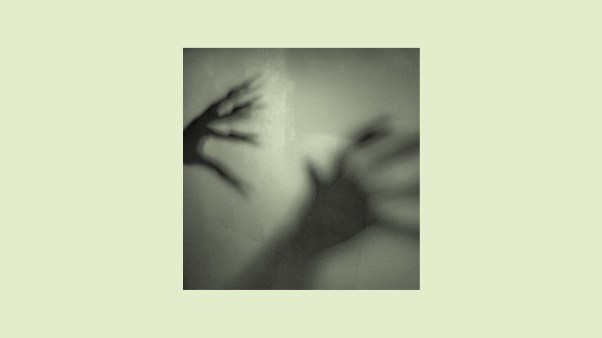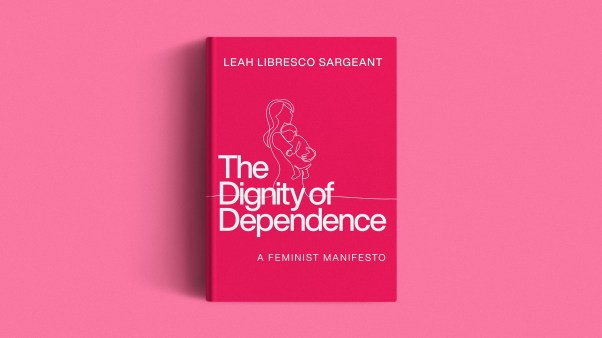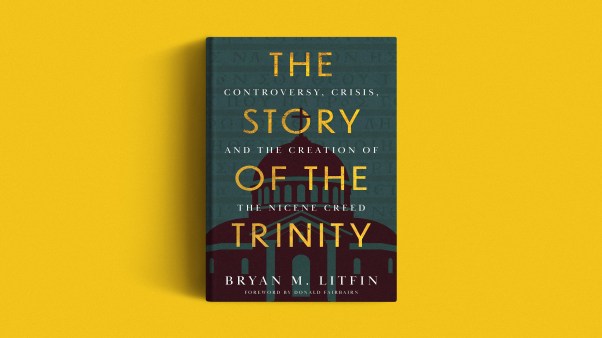The website of Abiding Faith Lutheran Church of Fort Worth, Texas, has little content on it other than a list of service times, directions, and a brief statement of faith. Nevertheless, the government of Saudi Arabia has prohibited its citizens from viewing the page.
“The intention wasn’t to set it out there to do any type of forced infiltration to any nation,” says the church’s pastor, Tom Bauer. “This is odd. I never realized our website had any reason for contact over in Saudi Arabia.”
For two weeks in May, researchers from Harvard’s Berkman Center for Internet & Society surfed the Web using Saudi Arabia’s servers to simulate Internet use in the country. The purpose was to identify specific Web pages blocked by the government’s Internet Services Unit (ISU). The results show that the nation filters sites about religion, politics, women, health, pop culture, and more.
“A look at the list beyond sexually explicit content yields some insight into the particular areas the Saudi government appears to find most sensitive,” the report says. “The Saudi government maintains an active interest in filtering non-sexually explicit Web content for users within the kingdom.”
According to the ISU, 95 percent of sites it blocks are pornography. Other objectionable content, it says, includes that related to drugs, weapons, or criticism of Islam. The official site says the ISU “oversees and implements the filtration of Web pages in order to block those pages of an offensive or harmful nature to the society, and which violate the tenets of the Islamic religion or societal norms.”
With the cooperation of the Saudi government, Harvard researchers attempted to access 64,000 Web addresses and compiled a list of 2,038 restricted sites.
Virginia Sherry, associate director of the Middle East division of Human Rights Watch, told Christianity Today that the blocked pages on the Harvard list are “only the tip of the iceberg.” Last year, a Saudi official quoted by the Associated Press placed the number of banned sites at 400,000.
The Harvard researchers “were using the Saudi system to document and see a sample of what is blocked, but it is really a sample,” Sherry said. “The story here is that there’s tens and tens of thousands more blocked, by the Saudis’ own account, than what is listed here.”
Approximately 250 of the Web addresses on the Harvard list are of a religious nature. Blacklisted URLs include Answering-Islam.org, ReligiousTolerance.org, sites for the Family Bible Hour and Arabic Bible Outreach, and home pages for specificcongregations.
“That government seems to view tolerance, understanding, and cooperation as great religious evils,” Bruce Robinson, coordinator and webmaster for ReligiousTolerance.org, told CT. “On the other hand, the Saudi censorship does not surprise us. Theirs is a closed society, with few religious freedoms, and restricted human rights.”
Christian sites are not the only religious websites blocked by Saudi Arabia. The study found 45 Islamic sites that are also restricted. In fact, Jochen Katz, webmaster of Answering-Islam.org, says the government has also blocked the site’s main Islamic opponent, Islamic-Awareness.org.
“I can only guess that this was done because they quote us so much,” Katz says. “As sad as it is, the heartland of Islam blocks open discussion of their religion, and will not allow its citizens to make an informed decision about their faith. We need to be active to find ways of bringing the gospel into that country in different avenues.”
Christian anti-pornography sites Sexaddict.com and Porn-free.org also appear on the Saudi list.
“If we are being blocked because of the clear message of Jesus Christ on our site, then we feel honored to have been chosen,” says Paul Cook, founder of Porn-free.org. “However, we are disappointed that the Saudis have attempted to block the truth from their people. This gives our prayer team more reason to pray for the salvation of the people in Saudi Arabia and that the light will shine into their darkness.”
Todd Hertz is assistant online editor for Christianity Today.
Copyright © 2002 Christianity Today. Click for reprint information.








